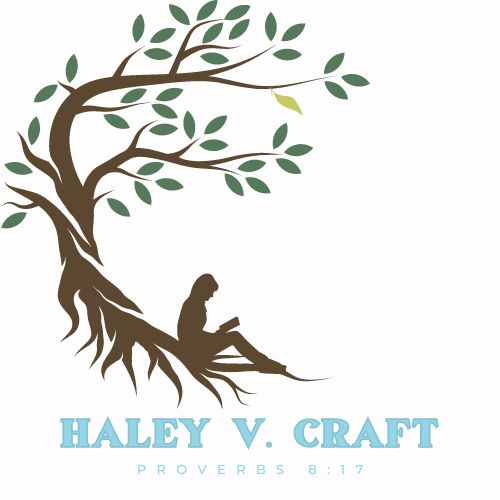For your servant became surety for the lad to my father, saying, “If I do not bring him back to you, then let me bear the blame before my father forever.”
—Genesis 44:32
Genesis has always been one of my favorite books of the Bible. It describes a time when God spoke directly to men and did amazing signs and wonders. And it also describes a time when people made many of the same boneheaded mistakes we still make today. At one time, it describes a world that seems foreign and new as well as a world that is all too familiar with plenty of drama to boot.
Another reason I love the book of Genesis is because of all the times when we get a symbolic picture of Jesus. First, we have Noah and the Ark, the salvation of the remnant in a time when men had become utterly evil and corrupt. A little bit later we get Abraham mediating on behalf of those living in Sodom and Gomorrah. Then comes Isaac, the son of promise, who is saved from sacrifice at the last minute by the miraculous appearance of a ram.
And then comes Joseph. He is normally the last person mentioned as a symbol. And he’s a pretty good one. He is a beloved son who is sent into exile for the purpose of saving the (known) world, and when he is restored to his father, he has been exalted and given the power to rule over the whole land. Sounds a bit like someone I know.
But normally that’s where it ends—Noah demonstrates the salvation of the Messiah, Abraham shows how He will be our mediator, Isaac points to His sacrifice, and Joseph points to His prolonged exile and subsequent glory. The end. Let’s move on to Exodus.
These four men make up a beautifully prophetic profile of the coming Messiah, but if we stop there and move on to the story of Moses, I think we’ve missed something. There’s one more man in Genesis who serves as a picture of Jesus—Judah, son of Jacob.
The section of Genesis between chapters 42-46 tells the story of the great famine that leads Jacob to send his sons to Egypt to buy grain. He sends all his sons, except his youngest, Benjamin, the last son born of his beloved Rachel. He keeps Benjamin with him because he is afraid he will lose him just like he lost Joseph, but when Joseph sees and recognizes his brothers.
He decides to test them, which I think is fair, all things considered, and he accuses them of being spies, saying the only way he will believe them is if they bring the other brother to him. So Simeon gets an extended stay in ancient Egypt’s finest dungeons (I sometimes wonder if Joseph sent him to the same cell he’d been in), and the other brothers head home.
It takes a lot of convincing, but finally, Judah steps up and says that he will be personally responsible for bringing Benjamin home, and Jacob allows the rest of his sons to go back to Egypt. Joseph greets them, brings out Simeon, and has a feast prepared for them. But as the brothers are preparing to leave, Joseph devises one more test and has his servants put his cup in Benjamin’s bag.
When Joseph has them brought back and tells the brothers that Benjamin will be his slave as punishment, Judah steps up. He explains to Joseph how much Benjamin means to his father, how his mourning will be so great at losing this treasured son that he will die, and then he begs to take his brother’s place, just as Jesus took our place.
Just like with the other examples, Judah teaches us something about the coming Messiah. From Judah’s example, we get to see how Jesus would decide to take our place in order to please His father, but there’s another layer unique to Judah’s story—we don’t just get to learn something about the Messiah; we also get to learn something about the father.
Certainly Jacob isn’t a perfect example. He clearly had problems with favoritism—he probably never would have lost Joseph if he hadn’t had this problem—and he had a past checkered with deceit, but at the moment when we see Judah offer himself in Benjamin’s place, we get a picture of a father who will be so broken if he is separated from his son, that he would die.
While God the Father is not mortal and thus can’t die from grief, I think this is a beautiful picture of how our sin and the separation that goes along with it grieves the Father. We’ve heard about the wrath and anger of God against sin; we’ve talked about His grace and mercy and forgiveness; but we rarely stop to think about His grief, and through Judah’s willingness to sacrifice himself for his brother, we get to see at least a small picture how God loves us so much, that separation from us deeply grieves Him.
This is a sobering and humbling truth—we have the power to cause God pain. By truly, deeply loving us, He has given us that power. I don’t even feel like I can understand such sacrificial goodness, but we don’t have to understand to respond. Knowing how our sins grieve Him, let’s turn our hearts back toward Him this week. Whether through prayer or reading and meditating on Scripture or some other strategy, let’s draw close to the One Who has loved us this extravagantly.






0 Comments